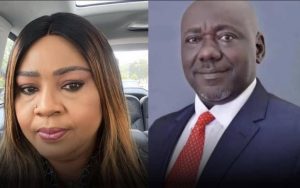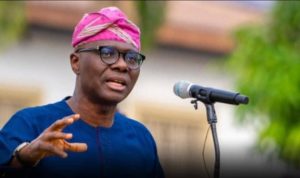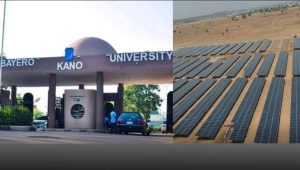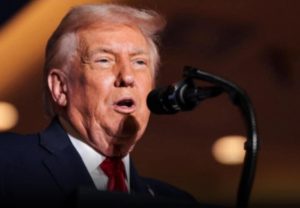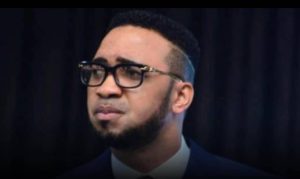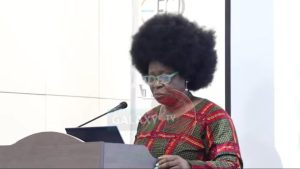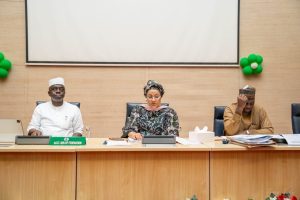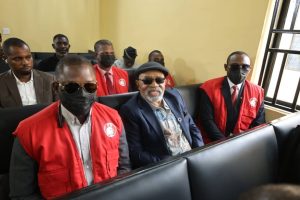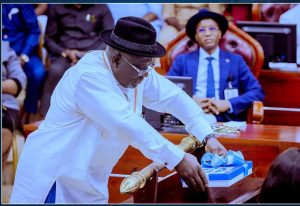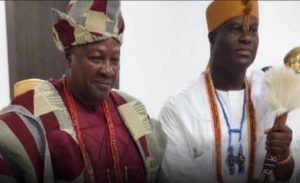By our Reporter
Yemi Osinbajo,Vice President,Yakubu Gowon,former Head of State and former President, Goodluck Jonathan, on Friday in Lagos attended a State Funeral Service for Ernest Shonekan.
Mr Shonekan, who served as the Head of Interim National Government from August 26, 1993, to November 17, 1993, died in Lagos on January 11 at the age of 85.
Mr Gowon was accompanied by his wife, Victoria, to the service held at the Cathedral Church of Christ, Marina, Lagos.
Boss Mustapha, Secretary to the Government of the Federation, Governors Babajide Sanwo-Olu of Lagos, Dapo Abiodun of Ogun, and Godwin Obaseki of Edo States were at the service.
Minister of Information and Culture, Lai Mohammed, and other members of the Federal Executive Council, members of the National Assembly, service chiefs, and traditional rulers, among others, also attended the service.
Delivering a message titled, `A Life of Two Great Halves Lived in Service: A tribute to Chief Ernest Adegunle Shonekan,’ Mr Osinbajo said the deceased creditably acquitted himself in various spheres of life.
“If ever a man could be said to have lived a life of two equally consequential halves, and in service, that man would be Shonekan.
“And so it transpired that within the first four and a half decades of his life, Chief Shonekan had established himself as one of the nation’s foremost corporate technocrats and a figure of renown in the boardrooms of many private companies, multinational and indigenous in which he served as chairman and director.
“It was in this position that he became known as the face of Nigerian free enterprise.
“The UACN under his leadership fully evolved from a trading outfit to a manufacturing colossus with interests in diverse sectors ranging from agriculture and automotive industries to cosmetics, electronics, and textiles among many other areas.
“Known in the business community for his personal integrity and reliability, and trusted in the corridors of political power for his counsel and guidance by successive governments, Shonekan had a position in Nigeria that few had before him or have now.’’
The vice president said that Mr Shonekan took up the challenge to steer the nation in one of the most turbulent chapters of its history.
Mr Osinbajo said that in Mr Shonekan’s own words, “he was compelled by a sense of duty and responsibility to accept the role and to give his best in shepherding his country through an experience unknown and unprecedented in our history.”
The vice president said that Mr Shonekan once said in an interview shortly after he was named Chairman of the Transitional Council and Head of Government, “if your country needs you, leave everything that you are doing to go and help.’’
Mr Osinbajo said that Mr Shonekan saw the government that he was chosen to lead as, he, himself, described it, as “a child of circumstance” and his mission as that of ending a cycle of instability that was, as he said `leading progressively to a catastrophe.’’
He said that Mr Shonekan lived his life always conscious of and motivated by a burden of duty, as a citizen of considerable privilege, to give back, either in his many philanthropic and civic pursuits or in public service.
“It is a testament to that sense of duty that even while out of office; Chief Shonekan remained deeply vested in the fate of his country.
“In 1994, he founded the Nigerian Economic Summit Group (NESG) – a continuation of his life-long advocacy of free enterprise as well as a demonstration of his belief that national development is attainable only if the private sector and the public sector collaborate deeply.
“It summed up the professional duality of his own life as a businessman and statesman.
“In December 1996, he was appointed Chairman of the Vision 2010 Committee – a group of distinguished Nigerians from all sectors of national life charged with developing a blueprint for the country’s transformation by its fiftieth year of independent nationhood.
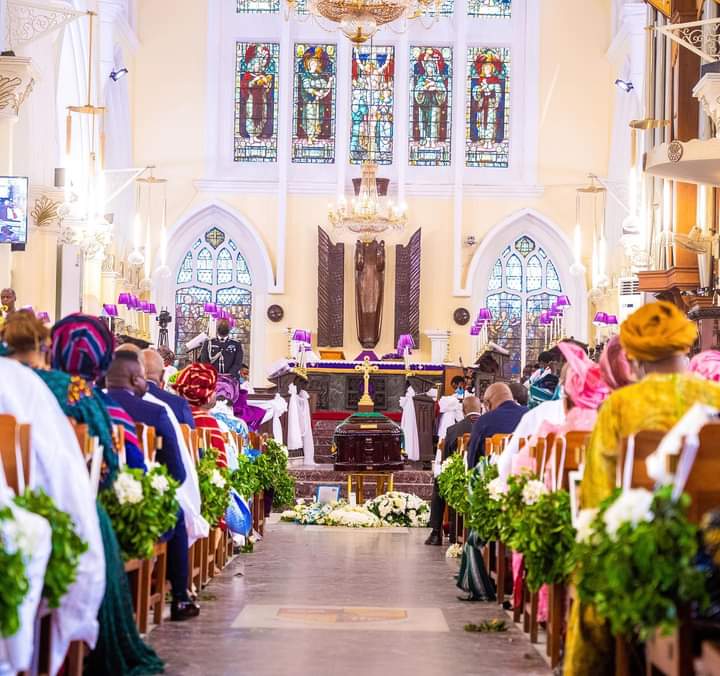
“It was an assignment to which he applied his customary dedication and diligence.’’
Mr Osinbajo said that in the latter chapter of his life, Mr Shonekan seamlessly assumed the mantle of an elder statesman.
He said that the deceased was supportive of all governments and served his nation in this role far above the trenches of partisanship.
“His was a consistently calm and dignified presence in the sanctums of the National Council of State and a steady voice of measured counsel to all that sought him out.
“But he was also a man of great wit and humour,’’ he said.
Earlier in his sermon, Peter Akinola, former Primate of the Church of Nigeria, said that when a true believer died, “he would rise to eternal life”.
He urged those left behind by Mr Shonekan “not to grieve endlessly like those who are hopeless; who had no Christ.”
“You have Christ; therefore, you have hope; you rejoice and give thanks to God instead and give thanks to God.
the life that he lived; because of his faith in Jesus Christ,’’ he said.
Special prayers were also offered for late Shonekan’s family. (NAN)






